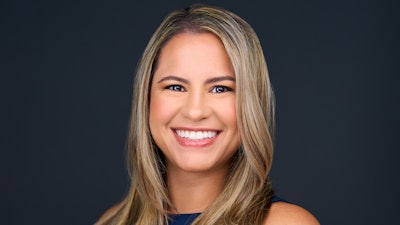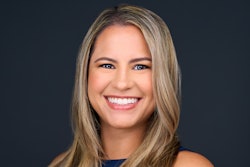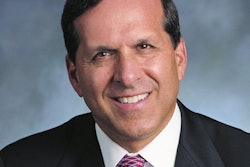
Last year, I co-wrote an article about dental fraud to help dental staff understand what constitutes fraud and how to prevent committing it.
A recent discussion with a dental office manager about dental insurance billing practices gave me pause to ponder this issue. She was making billing mistakes that could get the dentist(s) in trouble, yet she was convinced she was right, and the billing entity (owner) dentist agreed.
There was more than one issue in the billing, but one was disturbing because the treating dentists (associates) were not involved in reviewing the accuracy of their outgoing claims. Sometimes, the treating dentist was not named on the claim form, only the billing entity. According to the ADA, the treating dentist is not only responsible but integral in assuring the accuracy of claims submitted to the third-party payer.
In a stark reminder of the real-life consequences of dental fraud, a 2020 article in Becker's detailed the cases of eight dentists convicted of billing fraud. Among them was San Diego dentist Dr. April Ambrosio, whose dental license was suspended and she was sentenced to six years in prison. Her crime? Fraudulently billing insurance companies a staggering $866,700.
Whatever the particulars of these cases, fraud has severe consequences for the dentist(s) and, often, the staff who help perpetrate it.
A simple definition of dental fraud is intentional deception or misrepresentation of treatment facts to gain unauthorized benefits. Acts of dental fraud contain three defining features: intent, deception, and unlawful gain.
I won't elaborate on the legalities of fraud because I am not an attorney. Still, I witness what happens when dentists intentionally bill incorrectly to gain payment or are ill-advised by a trusted employee.
There are various types of dental fraud, each with its deceptive tactics. For instance, there's treatment fraud, which involves practices like overtreatment, unnecessary sedation, upcoding tooth sealants to fillings, upgrading simple extractions to surgical extractions, or misreporting a routine cleaning as a periodontal scaling and root planing procedure.
It is one thing to charge patients and expect payment, but it is another to bill the insurance company for fraudulent charges. Unlike the patient, the insurance plans demand documentation and supporting diagnosis evidence.
Then there is bookkeeping fraud, often committed by front office personnel but unwittingly permitted by the dentist or management, or bookkeeping fraud is committed knowingly by the owner dentist. From Delta Dental, some of these schemes include the following:
- Waiving deductibles or copayments when payment is required, because the fee you billed on the claim does not reflect what you intend to collect. Dentists who do not reduce their fees when they do not collect patient payments are essentially inflating fees to the insurance company. This is illegal overbilling, and it is fraudulent.
- Altering dates of service occurs when a claim is submitted with an incorrect service date. For instance, submitting a crown claim on the preparation date rather than the seat/cementation date. The date of service could affect coverage for patients if the treatment occurred before their plan's effective date.
- Submitting a claim for treatment using a different member's information, treating one patient, and intentionally submitting the claim under another patient’s name to have the procedure covered is fraudulent.
- Improper use of additional codes. Code what you do. If there's a code for a single service, like an extraction, don't separate each part of the procedure into codes for individual actions, like local anesthesia, incisions, drainage, and sutures. This is called unbundling, and it is not permitted.
- Changing billing codes to match the payment explanation of benefits can be considered fraudulent, especially if it's done knowingly to receive higher reimbursement from the insurance company.
- When dual insurance is billed, keeping overpayments from secondary insurance in an office account is considered an act of fraud.
According to the National Health Care Anti-Fraud Association, fraudulent dentists cheat patients and insurance companies out of an estimated $12.5 billion each year. This staggering figure underscores the urgency and importance of preventing and detecting fraud in the dental industry.
Preventing and detecting fraud and abuse is not only a legal obligation but a shared responsibility that benefits everyone involved. Fraud is not a victimless crime. Preventing fraudulent activities can help lower premium costs; form a better dental network; and increase overall satisfaction and trust for providers, patients, and employers. Everyone, from the dental staff to the patients, benefits from having an active fraud and abuse program.
Editor's note: References available upon request.
Estela Vargas, CRDH, is the founder and CEO of Remote Sourcing, a dental insurance billing and revenue recovery service. She is a graduate of Miami Dade College's dental hygiene program. Vargas' extensive background in the clinical arena of dentistry is coupled with her experience as a practice administrator and business executive.
The comments and observations expressed herein do not necessarily reflect the opinions of DrBicuspid.com, nor should they be construed as an endorsement or admonishment of any particular idea, vendor, or organization.



















